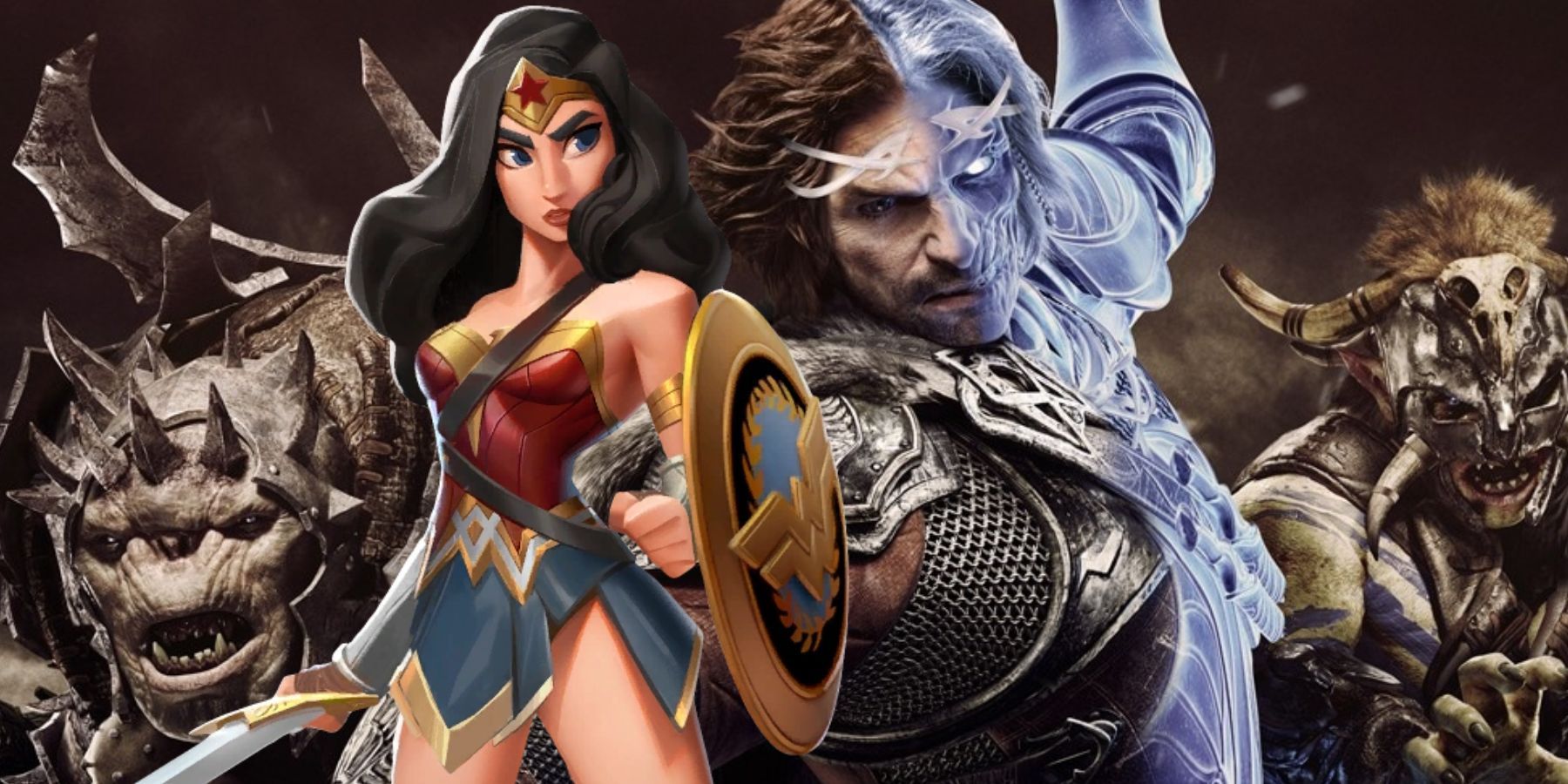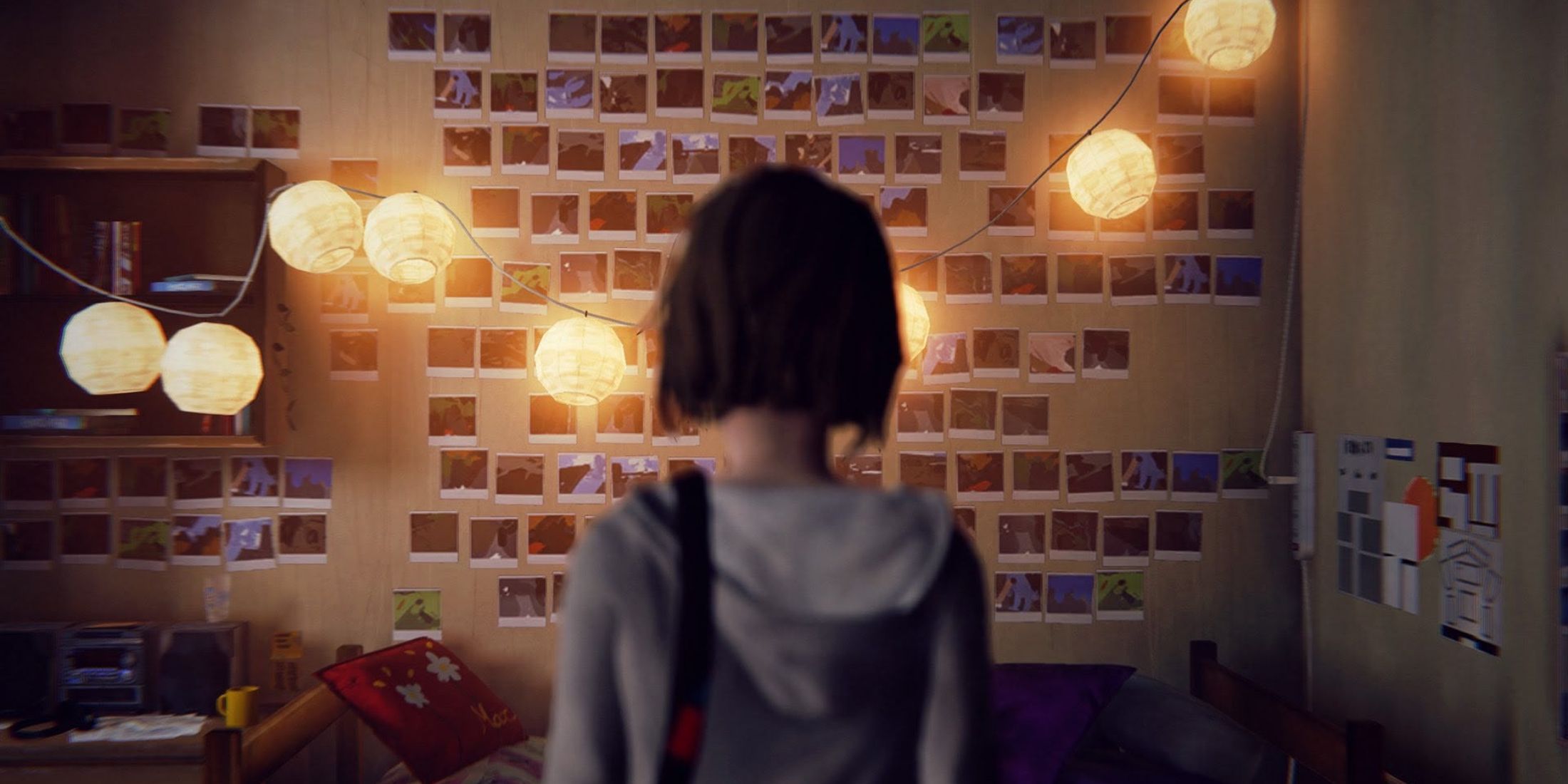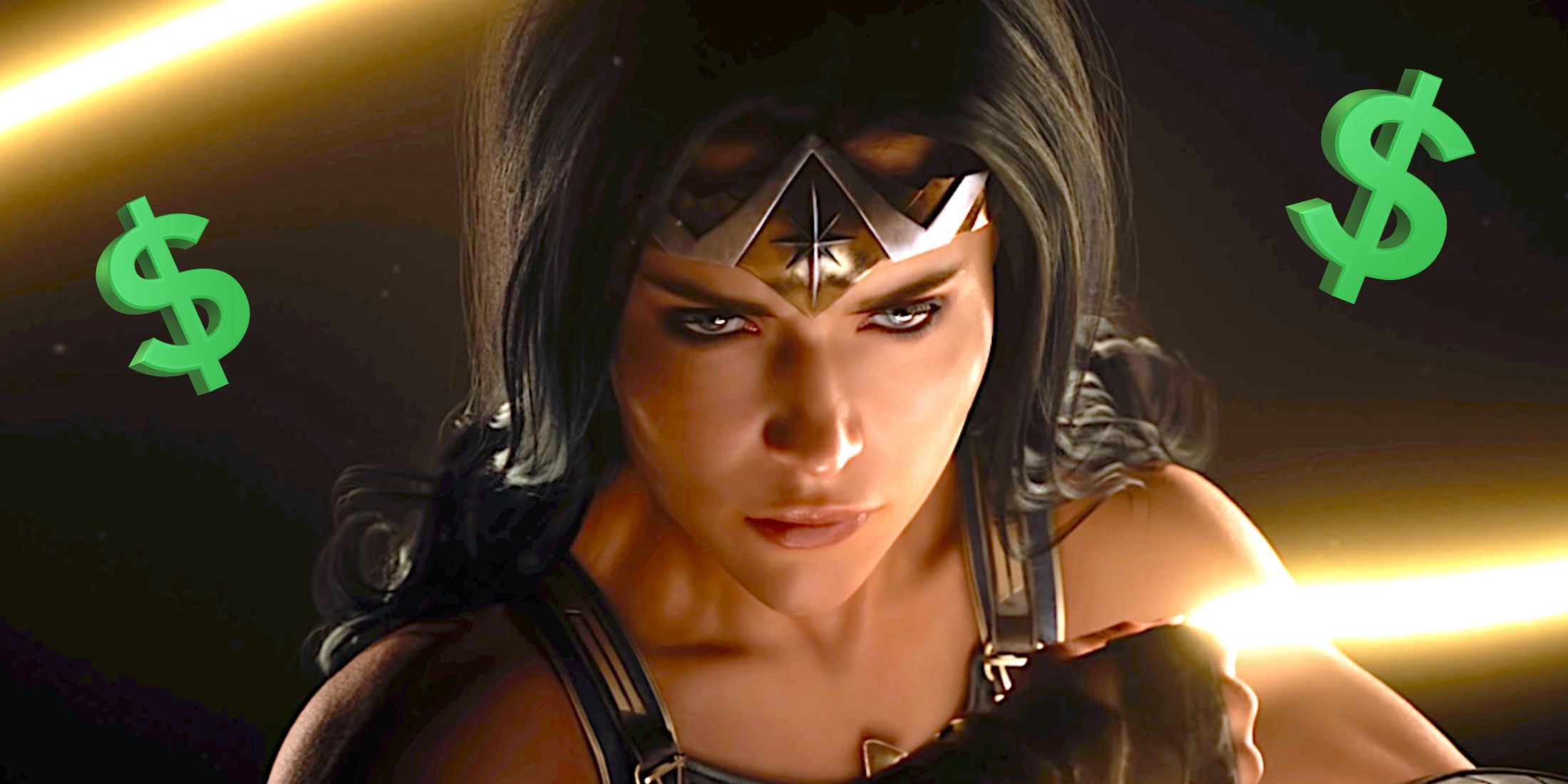Announced back in December 2021 during The Game Awards, Monolith's Wonder Woman game hasn't really been seen or heard from since, at least not in any official capacity. But, like most high-profile AAA games nowadays, that hasn't stopped a few leaks from spouting up around it. Some of the biggest Wonder Woman leaks came in November of last year, when industry insider Nick Baker took to his XboxEra podcast to claim that the game would feature gameplay similar to the Crackdown series, with a heavy emphasis on fast-paced traversal and combat.
But this leak came soon after a job listing for the Wonder Woman game hit the internet and caused quite a stir. Also in November of last year, Monolith published a job listing that asked for experience in "helping maintain a live software product or game," and naturally, many fans took this to mean that the Wonder Woman game would have some kind of live-service element. Though Warner Bros. quickly denied this and reiterated the Wonder Woman game's single-player focus, the brief debacle reminded fans of a past Monolith title that handled its monetization poorly.

Monolith’s Wonder Woman Can’t Afford to Undercut Warner Bros.’ Nemesis System
Wonder Woman will apparently dust Monolith's Nemesis System off the shelf and how it employs it could be a make-or-break scenario.
Monolith Needs to Decide if Wonder Woman Will Have Microtransactions
Monolith Hasn't Had The Best Track Record with Microtransactions
Though Monolith has been around for well over two decades, by far the studio's biggest boom didn't happen until 2014, when Middle-Earth: Shadow of Mordor was released. While games like FEAR and Aliens Versus Predator 2 are beloved titles, they didn't sell nearly as much as Shadow of Mordor, a game that surprised so many fans and critics alike back when it first launched, being one of the few excellent Lord of the Rings games.
By the time its sequel rolled around in 2017, the studio had garnered an ever greater fanbase, though all that goodwill came crashing down in an instant. While Shadow of War still reviewed quite well on the whole, the vast majority of critics condemned the game's unnecessary microtransactions, with players being encouraged to purchase premium orcs for their army or buy loot boxes for the chance to receive high-tier loot right away.
This initial wave of criticism turned into a sea of backlash, eventually resulting in Warner Bros. removing microtransactions entirely just under a year after release. But the damage had already been done, and even now, Shadow of War is remembered for its poor monetization.
Microtransactions Don't Have a Place in a Game Like Wonder Woman
While Warner Bros. has reiterated that Monolith's Wonder Woman game will be a single-player game, it isn't entirely convincing that there will be no extra forms of monetization in the game, especially given Monolith's last game which was also a single-player title. Simply put, microtransactions don't belong in a single-player game unless what they sell is something completely extracurricular, supplementary, or ornamental, and if they're present in the Wonder Woman game it could be detrimental to the game's initial reception regardless of their intent.
With Warner Bros. announcing that it's leaning even more into the live-service model, it seems likely that Monolith could be pressured into including some form of additional monetization for the Wonder Woman game even if none are logical within the game's core ethos.
The recently released Dragon's Dogma 2 is perfect evidence for this. A solely single-player open-world adventure game, Dragon's Dogma 2 received a great deal of flak when it was released earlier this year because it contained microtransactions. Even though these microtransactions were far from vital and could be avoided completely, the sheer fact that they were there in the first place—and the fact that Capcom didn't disclose that before launch—was enough to cause a strong wave of criticism, really marring the game's otherwise impressive critical launch.
It's not like Capcom had never included microtransactions for its single-player games beforehand, but the response these microtransactions received was still alarming. If Monolith repeats its mistake with the Wonder Woman game, it could end up having a similar situation on its hands.
Monolith's Wonder Woman game is in development.



